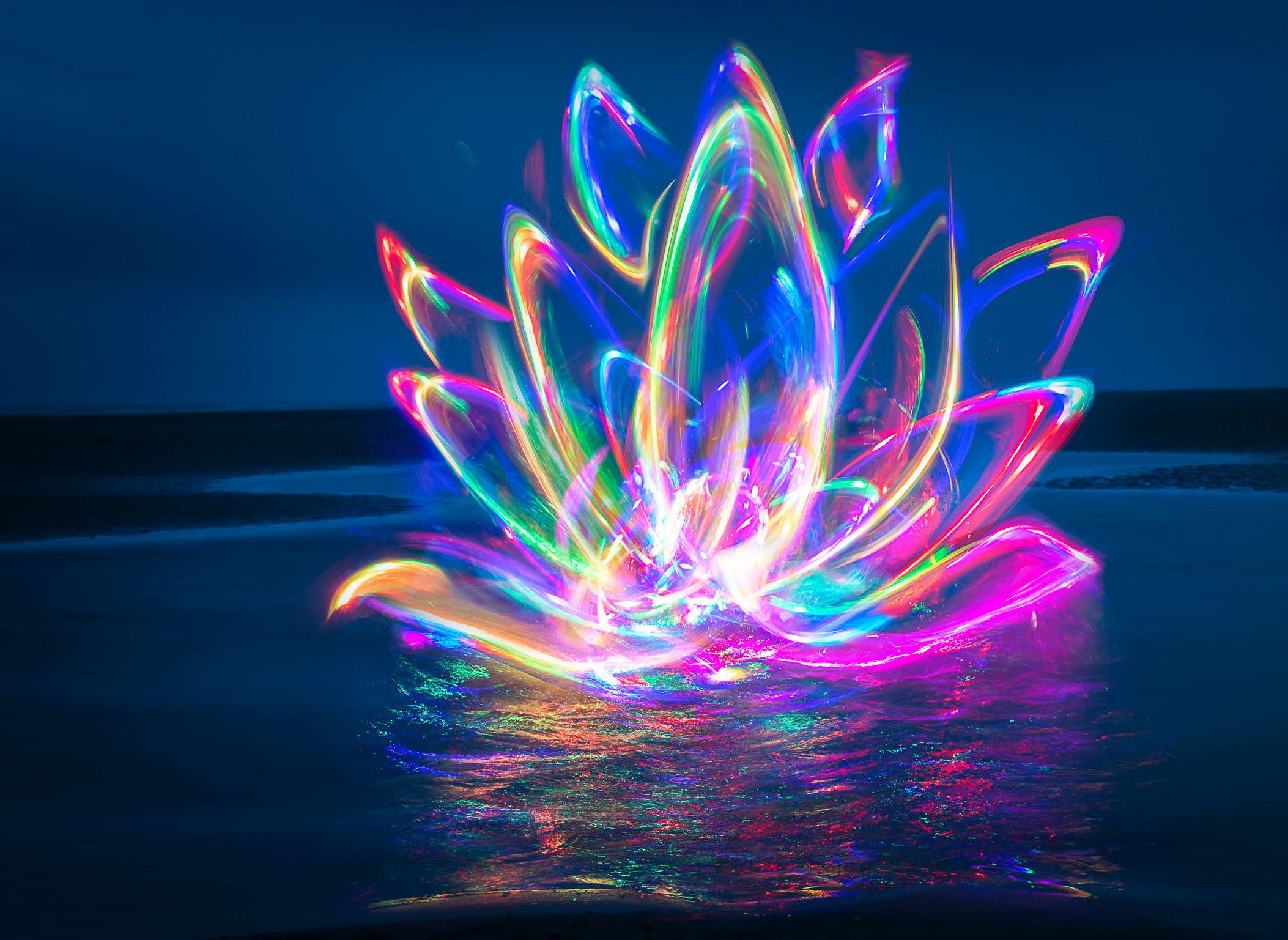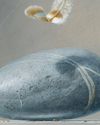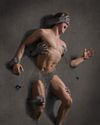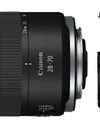Intentar ORO - Gratis
Painting with water colours
PhotoPlus : The Canon Magazine
|Spring 2023
James Paterson shows you how to create vibrant abstract shapes over water by painting with light, and how to use Photoshop for artistic finish
-

There are lots of reasons to go to the beach, but flinging around a disco light in the dark is probably among the more unusual pastimes. However, while it might get you a few funny looks, it can lead to wonderfully vibrant photos with a difference. In this project we’ll look at how to create long-exposure light paintings with a combination of shooting and Photoshop skills. This begins with an after-dark shoot, during which we swing a torch or other suitable light source around to create swirling patterns. The beach setting isn’t essential, it can be done in your back garden, a dark room or any dim setting. But to add an extra sparkle to our painting we can splash around in the shallows with our colourful light. This way, the colourful light source creates vibrant reflections in the water.

When swirling a torch around in the dark over the course of a 3-second exposure it can be tricky to predict how the finished light painting will turn out, especially if you have a face full of sea water. But one of the great things about light painting is how easy it is to combine several shots into one eye-catching whole with simple layer blending skills in Photoshop. And if we want to take it further, we can warp and reshape the colourful flowing lines. We’ve chosen to create an abstract water lily flower here, but you can use the same skills to make any shape you choose.

Esta historia es de la edición Spring 2023 de PhotoPlus : The Canon Magazine.
Suscríbete a Magzter GOLD para acceder a miles de historias premium seleccionadas y a más de 9000 revistas y periódicos.
¿Ya eres suscriptor? Iniciar sesión
MÁS HISTORIAS DE PhotoPlus : The Canon Magazine

PhotoPlus : The Canon Magazine
The Art of Copying Art - James Paterson shows you how to use your Canon gear to capture artwork and paintings the right way with simple camera and lighting skills
Whether you want to capture a painting like the above, digitise old prints or reproduce any kind of canvas, there's real skill in capturing artwork with your camera. Not only do you need the colours to be accurate, you also need to master the spread, angle and quality of the light to minimise glare and show the work at its best.This painting by the artist Bryan Hanlon has a wonderfully subtle colour palette. To reproduce the painting in print and digital form, it needs to be captured in the right way.
1 mins
October 2024

PhotoPlus : The Canon Magazine
Fright night
Canon photographer and digital artist Alexander loves to craft incredible fantasy scenes with a spooky horror twist
1 mins
November 2024

PhotoPlus : The Canon Magazine
Sharpen your shots with DPP
Sharpening a digital image also increases contrast at the edge of details
2 mins
November 2024

PhotoPlus : The Canon Magazine
CANON ImagePrograf PRO-1100
Deeper blacks, better bronzing, greater lifespan and 5G Wi-Fi -Canon's new printer is full of new tech, says
3 mins
November 2024

PhotoPlus : The Canon Magazine
Canon's new 'kit lens' is actually a half-price f/2.8 trinity lens!
The Canon RF 28-70mm F2.8 IS STM lacks a red ring, but borrows premium features from its L-series siblings
2 mins
November 2024

PhotoPlus : The Canon Magazine
DREW GIBSON
Pro motorsports photographer Drew on why he hasn't (yet) switched to Canon's mirrorless system, why old-school techniques can be the most reliable, and the lessons learned from more than a decade shooting the world's biggest car brands
11 mins
November 2024

PhotoPlus : The Canon Magazine
Up in smoke
Make a smoky shape in Affinity Photo and get to grips with the amazing Liquify Persona under the guidance of James Paterson
3 mins
November 2024

PhotoPlus : The Canon Magazine
Expand your creativity with Generative Fill
Photoshop's Al-powered feature brings revolutionary new tools to image editing. James Paterson reveals all...
2 mins
November 2024

PhotoPlus : The Canon Magazine
Turn your images into vintage postcards
Wish you were here? Sean McCormack explains how you can give your summer photographs a vintage postcard look
2 mins
November 2024

PhotoPlus : The Canon Magazine
The Angel Malibu
Light painting an American movie producer in the Wadi Rum Desert in Jordan was a highly unlikely evening out for David!
3 mins
November 2024
Translate
Change font size

